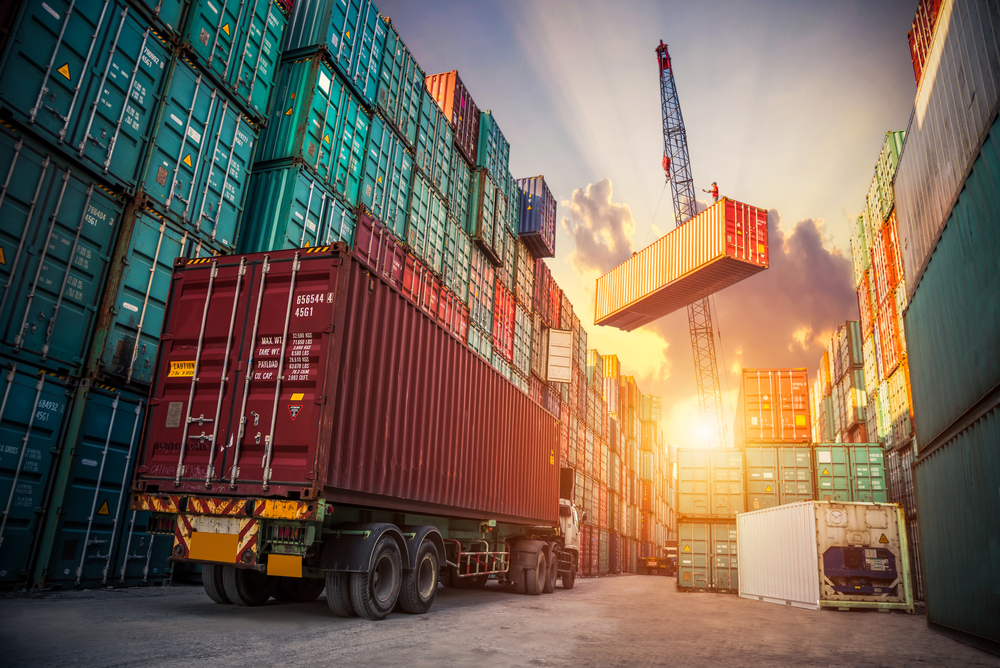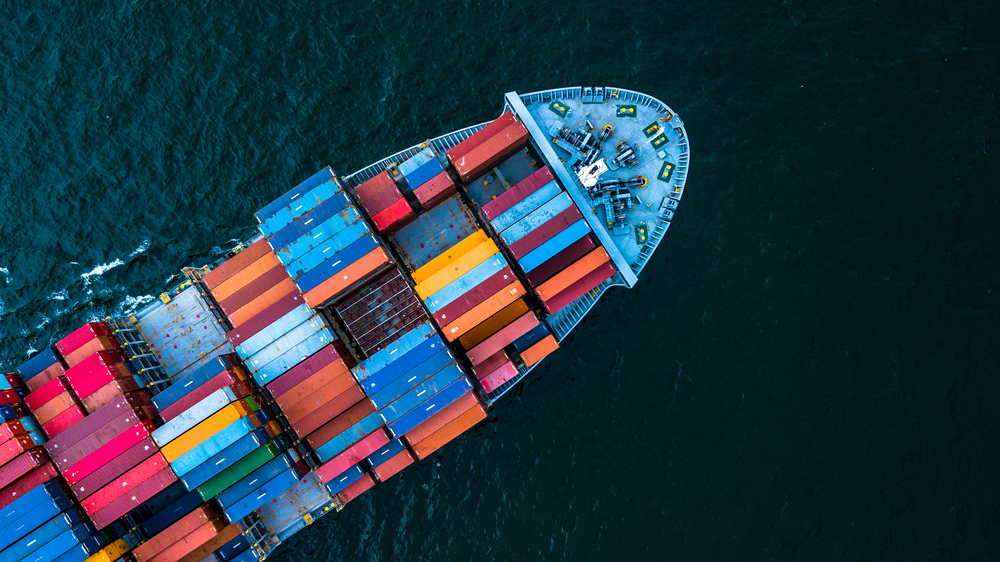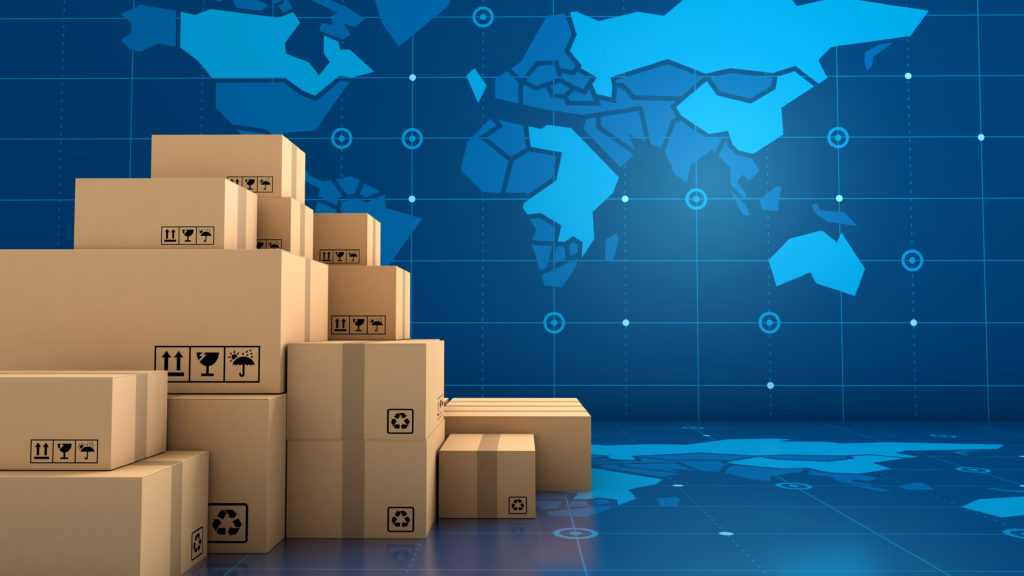Brazil is the largest market throughout Latin America and a strategic commercial partner for the US. According to the United Nations Comtrade database, the overall value from exporting goods to Brazil in 2021 was around U$46.88 billion, the ninth largest of all destinations.
Even with its current economic instability, there are still many opportunities for exporters. The trade balance between the US and Brazil is going up, as the import of United States goods increased by 41,3% in 2021 when compared to 2020, per Brazil’s Federal Government.
But, in order to take this chance and make business, you will have to learn better about their import requirements.
As you may already know, each country has its own international trade policies. Besides those, there are also agreements favoring the trades around certain goods, such as the ATEC (Agreement on Trade and Economic Cooperation).
In this post, we will show and explain Brazil’s import requirements, the governmental authorities involved in it, and the necessary licenses to start your operation and sell goods to one of the most significant economies of the South Hemisphere.
What are import controls?
Import requirements are the laws and norms by which a country regulates the transaction of goods and services from other retailers and businesses in their territory. These are necessary bureaucracies in order to maintain security, establish quality patterns and stimulate fair competition between national and foreign companies.
Also, import requirements are fundamental to the mission of structuring the overall trade data, finding gaps in the processes and technologies at disposal, and making sure the customs processes are optimized and more agile (at the same pace of disruptive technologies).
Why should I know about other countries’ import requirements?
As mentioned before, each country has its particular custom policies and controls.
Moreover, that may be accompanied by different and complex taxing systems, such as the Brazilian one. For instance, they have the second-largest tax collection all over the world and represent 33,9% of the country’s GDP.
Knowing more profoundly about their import requirements and searching for specific information might save you money and help you find different opportunities.
For example, did you know that in May 2022 the Brazilian Ministry of Economy approved a cut of 10% on the tax rates over imports? That measure covers approximately 87% of the tariff goods and will be active until December 31, 2023. With that, they expect to contain the effects of inflation on their markets.
So, basically, get to study the regulations and taxes and don’t fail at reading and listening to the news, as you don’t want to miss favorable chances like these.
Read also: 7 Key Steps to Doing Business in Brazil
What are Brazil’s import requirements?
Anyone interested in selling their products to Brazil will have to abide by their regulations, which include:
- Registering at the Foreign Trade Secretariat (SECEX)
- Obtaining the RADAR license guarantees you access to the Brazilian Integrated Foreign Trade System (SISCOMEX). The license and its type will be issued after Brazilian authorities analyze the financial capacities of your company.
- Other documents to note when exporting to Brazil and going through customs clearance are:
- the commercial invoice
- incoterms
- bill of lading and cargo manifest
- certificate of origin
- import declaration
- proof of import
- Send the required documents above to the importer (and the additional ones that might be asked from authorities depending on the product). Usually, the procedure will involve the importer:
- assembling the packing list
- the importer will also make de Import Declaration (DI), providing the Import License when necessary
- parameterization in the system
- receipt of documents
- Carry out the bank procedures and pay the necessary taxes and duties
- Distribution of the goods
- Conference and customs clearance by the Brazilian Federal Revenue (RFB)
- Delivery of the goods by the respondents agreed in the trade contract
Within these steps – which you probably notice that shift towards the importer’s responsibilities at some point – there are two notable ones that will need further development.
What has to be informed in a commercial invoice to Brazil?
There is a list of ideal information that must be in a commercial invoice – be wary that some of those might imply penalties and fines:
- Exporter company logo
- Complete exporter’s (supplier’s) name and address
- Complete importer’s (customer’s) name and address
- Invoice reference number and date (the date when the invoice is being issued)
- A complete description of goods that enables them to be identified
- Part number of these goods (either from the manufacturer and customer)
- Shipped quantity of goods and their unit of measurement (piece, Kg, etc.)
- Total gross weight
- Total net weight
- Unitary net and gross weight (per item/PN)
- Manufacturer’s name and address
- The unit price for each item and its total
- If the international freight is prepaid, it must be exactly informed on the invoice
- Value amount of the invoice
- Incoterms
- Payment terms
- Bank information
- Currency of the values
- Package qty/volume qty and their kind (pallets, boxes, crates, etc.)
- The volumes should have their own reference number and they must be on the documents. The numbers cannot be repeated
- Purchase Order number (customers)
- Country of origin: the country where the goods were manufactured or have been significantly altered just before shipping to Brazil;
- Country of acquisition: the country where the goods are being exported from. Notice both origin and acquisition countries should be informed, even if they are the same
- A signature in blue ink and the identification of the person in charge of it under it (full name, position in the company and the number of his/her ID)
What is the necessary information in a Brazilian packing list?
Like the commercial invoice, the packing list has some obligatory information:
- Exporter company logo
- Complete exporter’s (supplier’s) name and address
- Complete importer’s (customer’s) name and address
- Invoice reference number and date (the date when the invoice is being issued)
- Purchase order reference number
- Part number (PN) of these goods (either from the manufacturers and customer)
- Quantity shipped
- Total gross and net weight in Kg (total and for each PN)
- Quantity of volumes and pallets
- Measurements and weight of the volumes, in centimeters and kilos.
Brazil’s regulatory bodies and agencies
These are some of the Brazilian regulatory bodies and agencies that might ask for other documents and conduct inspections on certain products:
- the Brazilian Electricity Regulatory Agency (ANEEL)
- the National Petroleum Agency (ANP)
- the National Sanitary Surveillance Agency (ANVISA)
- the National Nuclear Energy Commission (CNEN)
- army command
- the SECEX’s Subsecretariat of Operations for Foreign Trade
- the National Department of Mineral Production
- the Federal Police
- the Brazilian Institute of Environment and Renewable Natural Resources (IBAMA)
- the Ministry of Science and Technology
- the Ministry of Defense
Fines and penalties for not following Brazil’s import requirements
There is a wide variety of fines and penalties if you fail to comply with Brazil’s import requirements. The following items list are listed in the customs regulations and can be issued separately or cumulatively:
- Forfeiture of the goods (which can be converted into a fine)
- Fines
- Administrative sanctions, including:
- warnings
- suspension of export registration, license, authorization for customs clearance, and related procedures
- cancellation of export registration, license, authorization for customs clearance, and related procedures
So, monetary fines aren’t necessarily the heaviest ones, as serious mistakes and omissions may impact the goods dealt and your own authorization to trade with Brazilian companies.
Now that you know what are Brazil’s import requirements, check also our tips on how to find foreign buyers for your exports and start selling abroad now!


